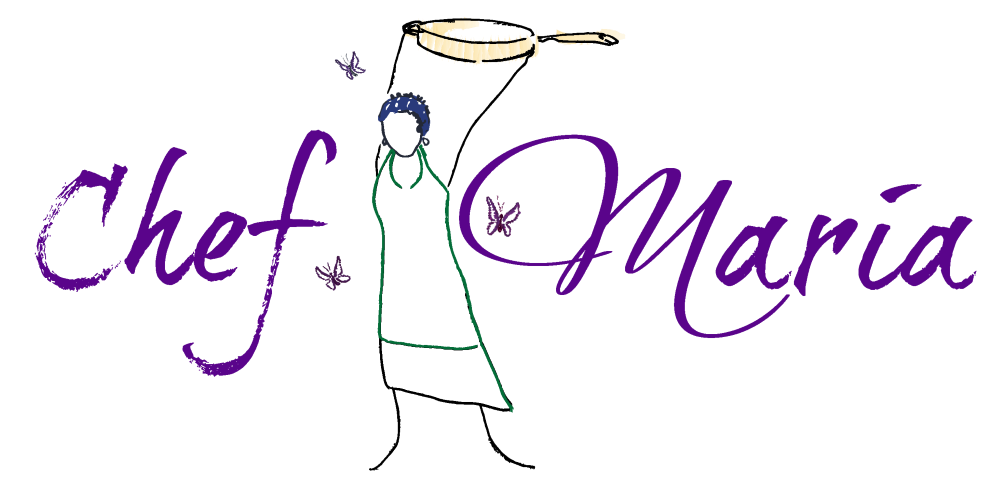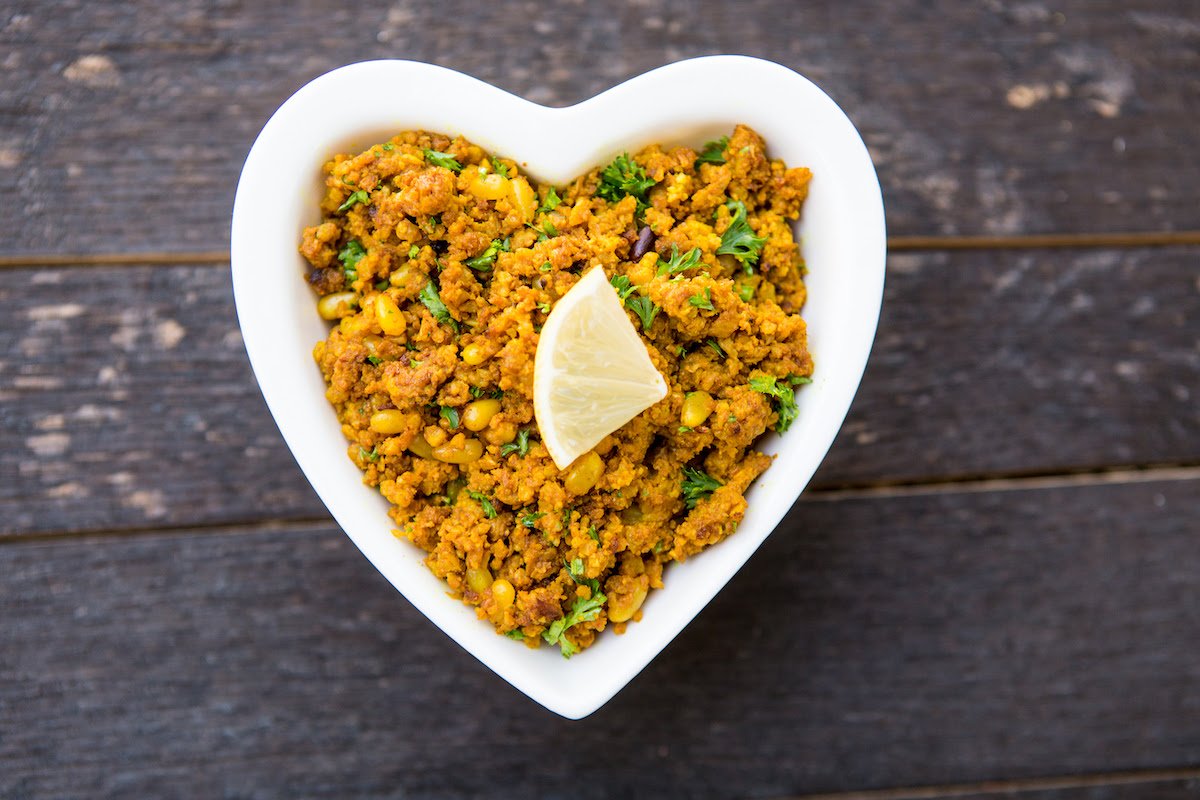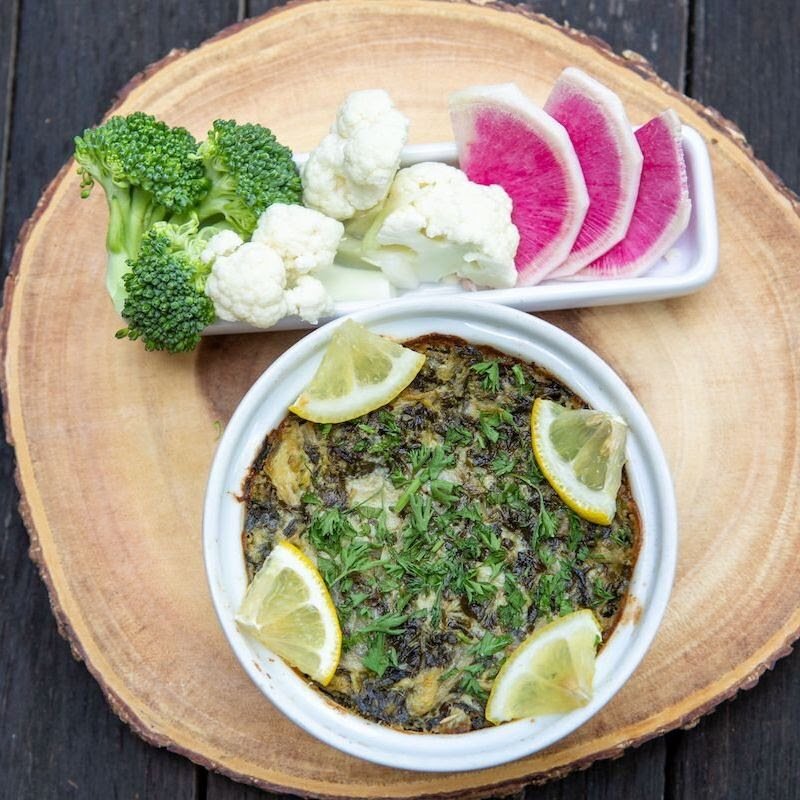6 Guiding Principles of Nutrient-Dense Eating
Dear friends,
Food can support us so much in being our most energized, vital, and fulfilled selves.
How can we assist our bodies in receiving food and its nutrients?
In today's newsletter, I'll share 6 guiding principles for nutrient-dense eating.
This is what we'll explore in today's blog post. I'll share 6 guiding principles for nutrient-dense eating, as well as some of my favorite Fall recipes!
What Is Nutrient-Dense Food?
The highest amount of micronutrients and macronutrients are available to us in meals filled with organic vegetables, clean proteins, and healthy fats, primarily found in foods.
Nutrient-dense food is food that is purposeful and fuels us throughout the day.
With nutrient-dense food, we strengthen, rebuild, heal, and harmonize our beings.
Here are 6 guiding principles of nutrient-dense eating:
1. Limit Processed Foods.
This is a big one! It's amazing how much food is processed out there.
With intention, organization, and meal prep, it’s very possible to eat a nutrient-dense diet that limits processed foods.
2. Get Fats From Food.
I recommend primarily eating fats that are in foods when possible, rather than added oils and other extruded fats. The body enjoys real fat in the form of food, more than from added oils to our cooking for example.
Fats naturally in foods are whole foods such as olives, avocadoes, nuts, or meats, and seafood.
3. Practice Food For Fuel.
You can work with the body by giving it what it needs at the most optimal times.
For example, eat your carbohydrates before exercise or work, and eat proteins after. That’s the optimal way for the body to absorb and integrate nutrients.
This isn’t a hard rule, because we tend to combine carbs and proteins in our meals. But let’s say you have a big workout planned at 2pm. You can have a sweet potato or other root vegetable at 12:30pm, and a protein shake after.
That’s how the body will really enjoy what you’re giving it: carbs before the breaking down, and protein after for the rebuilding phase.
4. Shop Locally.
As much as possible, source your food locally for optimal nutrient density.
This includes eggs, local meat, wild fish, and local organic vegetables.
5. Limit Sugar.
Sugar affects the nervous system. It's challenging to eat mindfully when we have sugar in our body, as sugar can create false hunger patterns, making it harder to listen to natural hunger.
We don’t have to be hard and strict; a dessert here and there is lovely, but it’s important to be aware of what sugar does to us.
6. Eat While Relaxed.
Eating while stressed can affect digestion and how we assimilate nutrients. If stressed when sitting down to a plate of food, I recommend taking some breaths, and waiting until the moment passes before diving in.
We have neurotransmitters in our gut, which can regulate mood and cognition. This is what’s known as the gut-brain connection. It can be difficult for our systems to digest when we’re stressed. We may not notice it right away, but it can have both short and long-term effects.
Stress might even be having dinner with your partner and having a conversation that's heightening your nervous system a little. When this happens, ask each other if you can hold off for a little while as an act of self-care to your body.
Before eating, you can also consciously put your hands on your belly, and take a breath before taking your first bite. Just working on being in more of a connection with the body can make a huge difference.
Fall Recipes
Looking for healthy comfort food and flavorful, nutrient-dense recipes this Fall?
Here are some of my favorite recipes from the blog for this time of year.
Nourishment Coaching
Food is healing.
I enjoy helping clients truly fall in love with food’s simplicity, especially when the goodness of its true nature allows us to thrive.
I'm passionate about helping people discover the unique bounty that deeply feeds them and gives them the vibrancy for their passions.
I specialize in working with food-sensitive diets, due in part to my own health and dietary restrictions.
I love supporting local clients (in Boulder, CO) stock their fridge with healthy tasty food components to fuel their full weeks!
I help long-distance (virtual) clients through regular coaching sessions discover cooking techniques, simple recipes, and ingredient sourcing to elevate their nourishment and meet their needs and goals around food and health.
As your Nourishment Coach, I’m here to help you create a nourished lifestyle that works uniquely for you: from learning how to cook delicious nutrient-dense meals, to developing healthy habits and a supportive mindset.
With Nourishment Coaching, you can:
Learn the fundamentals of delicious, healthy cuisine, from grocery shopping to cooking techniques and kitchen tools
Find new inspiration and support with your unique diet (such as vegan, vegetarian, gluten-free, paleo, keto, AIP, or beyond)
Receive uniquely designed recipes, organizational tips, and ongoing support to help you meet your health goals
Integrate intuitive cooking into your lifestyle
Experience peace, joy, creativity, and harmony in your relationship to food and health






